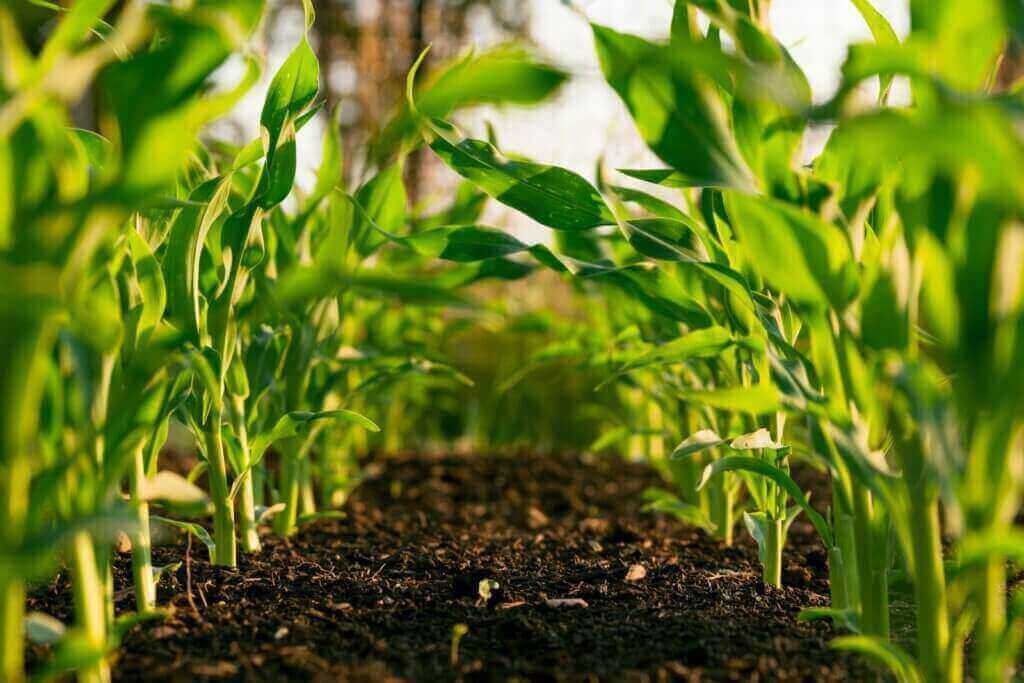👋 Click the mic button to talk to Alfred, the Todd's Seeds Gardening/Sprouting Expert – Feel free to ask him anything!
Ask Virtual Todd Anything - Click the Mic
Why Chemical-Free Seeds Triumph Over Organic Seeds
In the realm of sustainable agriculture and healthy eating, the debate between chemical-free and organic seeds is a topic of increasing interest. While organic seeds are widely celebrated for their environmental and health benefits, there’s a growing argument in favor of chemical-free seeds. This article delves into the reasons why chemical-free seeds might be a better choice than their organic counterparts.
Understanding the Distinction
Firstly, it’s crucial to understand the difference between chemical-free and organic seeds. Organic seeds are produced under a set of agricultural practices that avoid the use of synthetic pesticides and fertilizers. However, they may still be exposed to certain organic-approved chemicals. Chemical-free seeds, on the other hand, are grown in an environment completely devoid of both synthetic and organic-approved chemical inputs.
Purity of Seed Genetics
Chemical-free seeds offer a higher level of purity in terms of genetics. These seeds are often heirloom varieties, passed down through generations and grown in small-scale, diverse ecosystems. This genetic purity ensures that the plants are naturally resilient and can thrive without the need for chemical interventions.

Environmental Impact
The environmental impact of chemical-free seeds is significantly lower compared to even organic seeds. By completely eliminating the use of chemicals, chemical-free farming practices prevent soil degradation and protect water sources from contamination. This approach supports biodiversity, as it creates a habitat for various beneficial insects and microorganisms.
Health Benefits
Chemical-free seeds are believed to be healthier. The absence of all forms of chemicals means that the plants, and ultimately the food produced from these seeds, are free from any residues that might be harmful to human health. This is particularly important for individuals with sensitivities or allergies to certain agricultural chemicals.
Taste and Nutritional Value
Many advocates for chemical-free seeds argue that these seeds produce plants with a superior taste and higher nutritional value. The theory is that plants grown without chemicals develop deeper root systems to seek nutrients, leading to a higher concentration of vitamins and minerals in the produce. If you want better-tasting food, keep it away from chemicals during the growing process. If produce is exposed to chemicals, then any seeds obtained from that produce will have been tainted by chemicals.
Supporting Sustainable Practices
Choosing chemical-free seeds supports more sustainable agricultural practices. These practices are often employed by small-scale farmers who are deeply committed to preserving the natural balance of their land. By supporting these farmers, consumers contribute to a more sustainable and environmentally responsible food system.
Economic Considerations
While chemical-free seeds can be more expensive than organic seeds, their long-term economic benefits are noteworthy. Chemical-free farming practices can reduce the need for expensive inputs and improve the resilience of crops to pests and diseases, potentially reducing costs over time.
Enhanced Soil Health and Sustainability
One of the most significant advantages of chemical-free seeds lies in their contribution to enhanced soil health. Chemical-free farming practices focus heavily on maintaining soil fertility naturally. This is achieved through methods like crop rotation, composting, and the use of green manure, which enrich the soil without the need for chemical fertilizers.
Healthy soil is a critical component of sustainable agriculture; it aids in carbon sequestration, reduces erosion, and ensures a healthy microbiome. This approach not only benefits the immediate crop but also ensures the long-term fertility and viability of agricultural land. In contrast, even organic farming practices, while better than conventional methods, may still rely on external organic inputs that can alter the natural state of the soil over time.
Preservation of Local Ecosystems and Biodiversity
Chemical-free seeds play a crucial role in preserving local ecosystems and biodiversity. By avoiding all types of chemicals, these practices ensure that local flora and fauna are not harmed. This is particularly important for pollinators such as bees and butterflies, which are essential for the pollination of many crops and wild plants but are highly sensitive to various pesticides and herbicides. Furthermore, chemical-free farming often involves preserving and using a wide variety of plant species, including rare and indigenous varieties that might not be viable in a more chemically intensive environment. This diversity is key to maintaining genetic variation, which is essential for the resilience of crops to changes in climate and pest populations.
Consumer Health and Safety
From a consumer perspective, the appeal of chemical-free seeds also extends to concerns about health and safety. While organic certification ensures that produce is grown without synthetic chemicals, there is still a concern about the use of naturally derived pesticides and fungicides in organic farming.
These substances, while generally considered safer than their synthetic counterparts, can still pose risks to human health, particularly when used in large quantities. Chemical-free seeds, grown without any such inputs, offer consumers peace of mind, knowing that their food is free from all types of chemical residues. This is especially important for vulnerable groups such as children, pregnant women, and those with compromised immune systems. The growing awareness and concern about the potential health impacts of even low levels of chemical exposure in foods are driving more consumers to seek out chemical-free options.
Conclusion
While organic seeds are undoubtedly a better choice compared to conventionally grown seeds, chemical-free seeds offer an even more natural and sustainable option. By choosing chemical-free seeds, consumers can enjoy purer genetics, better health benefits, superior taste, and contribute to a more sustainable environment. As the world moves towards more eco-conscious choices, the preference for chemical-free seeds is likely to grow, paving the way for a healthier planet and populace.